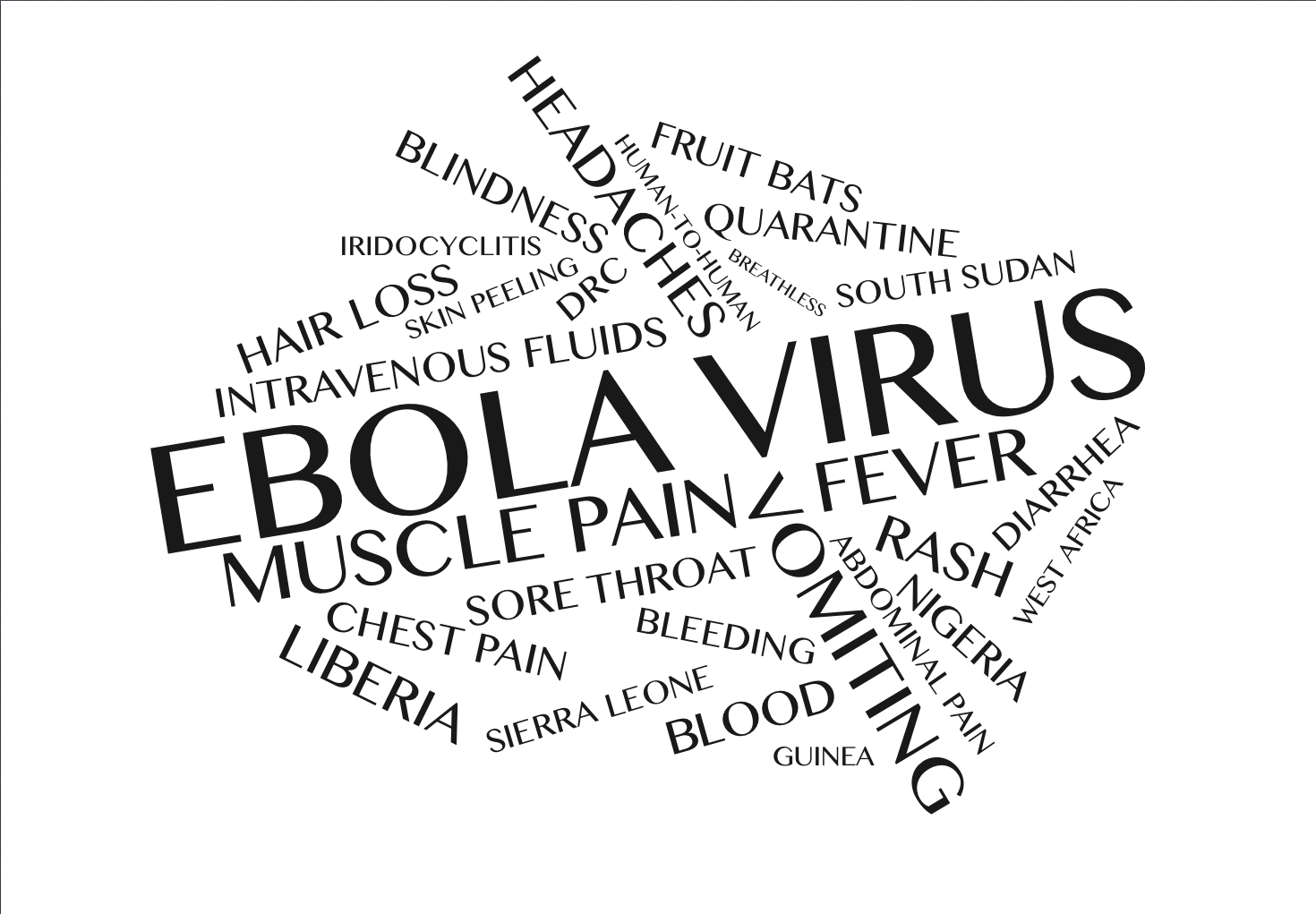The campus community joined with public health officials to discuss the implications and conditions surrounding the ongoing Ebola crisis on Thursday, Sept. 12.
The discussion was sponsored by the African Studies Department and the Provost’s Office in an effort to foster discussion about the outbreak of the disease in Western Africa.
Professor Kate Keller of the African Studies Department addressed the connections between the local community and the African outbreak.
“We have to be informed as global citizens so we bear some responsibility for things happening in other parts of the world. We should really think about how a crisis in another part of the world might impact our community because we do have African students here and we do have African communities in St. Peter and Mankato…. It’s far away and it’s also close,” Keller said.
Director of Health Service Heather Dale joined with Mary Hildebrandt of Nicollet County Public Health and Brad Krier, an epidemiologist with the Minnesota Department of Public Health, to discuss the medical implications of Ebola.
“Ebola isn’t brand new. It’s been around since 1976, so I think what’s new is that more people are getting it right now, but many of those people either don’t have running water, don’t have some of the basic means of hygiene that we do to prevent the spread of virus, and or they don’t understand it. They might not have the education level or the access to education to understand how it’s spread,” Dale said.
According to the Center for Disease Control and Prevention, the Ebola virus is not airborne, and is only transmitted through contact with bodily fluids, infected animals, or objects which have been infected with contaminants. Symptoms of infection are characterized by fever, muscle pain, vomiting, and stomach pain, and generally appear between two to 21 days following exposure.
Dale stated there are currently no reported cases of Ebola in the United States, and addressed several of the myths which she said have been perpetuated by the media. The organizers of the discussion expressed a desire that students and the campus community work to understand and clear up any misconceptions or questions about the Ebola outbreak and to approach the disease from a global perspective.
“I think one [myth] in general is just that anyone from Africa is infected, or is at risk, and that’s just not the case. I think a myth is that if I was anywhere near someone with Ebola, I would get Ebola. That’s also not the case,” Dale said.
Dale said that instead of fearing the disease, she hopes the campus community can focus on ways to bring education and resources to underprivileged areas.
Keller, one of the organizers of the event, said, “I really see it as part of our responsibility in African Studies to be trying to get our students informed about this event, and one of the ways we imagined it was to bring together health experts and also speakers from the humanities and social sciences so that we could have different perspectives, because it is a health issue but also something that we need to think about in terms of why does it become so endemic in Africa— why aren’t there the health care resources that could be available to stop it.”
Professor Sean Easton of the Classics and Peace Studies Departments and Professor Paschal Kyoore of the African Studies and Modern Languages Departments also contributed their perspectives to the discussion. According to Keller, Chaplain Brian Konkol also addressed the ethics of our responsibility to global crises.
“We should really think about how a crisis in another part of the world might impact our community because we do have African students here and we do have African communities in St. Peter and Mankato.”—Kate Keller
“I think it’s part of what we do at a great liberal arts college. We engage you on topics and help you learn more. Learning happens inside and outside the classroom,” Paula O’Loughlin, Associate Provost and Dean of Arts and Humanities said of the importance of addressing the global implications of Ebola.
Members of the campus community with questions about Ebola in relation to the Gustavus campus are encouraged to contact Heather Dale or Kate
-Libby Larson
